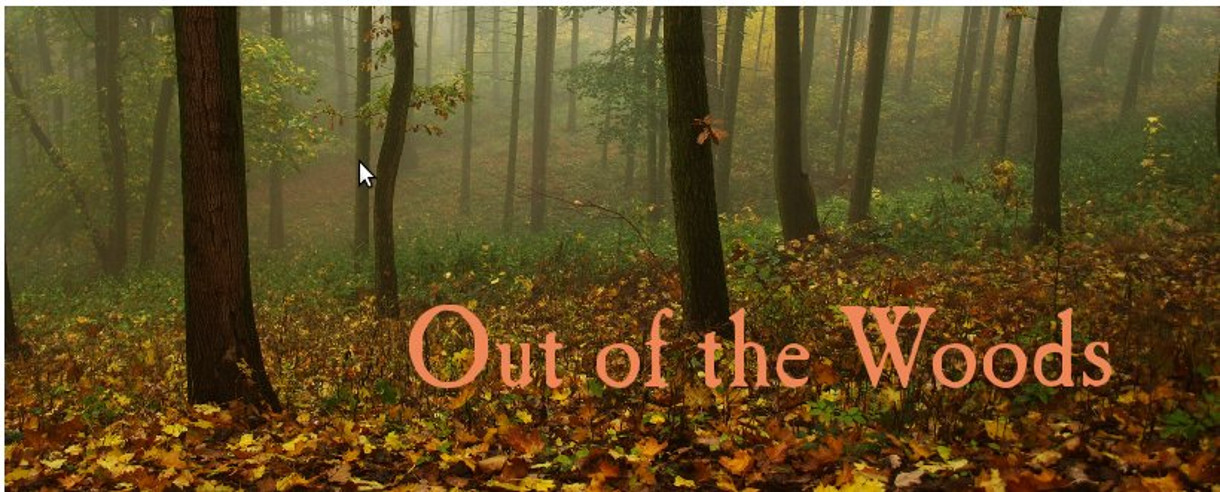How to deal with terrorism.
At the end of his three-day
summit on how to deal with terrorism, Pres. Obama recommended that we
be tolerant, that we support democracy, and respect human rights.
It is difficult to resist the
impulse to say: "Look who's talking." This president has
conducted a war in Iraq and one in Afghanistan. The United States was
a leader in the bombing of Libya, and is now a leader in the bombing
of Syria and parts of Iraq. The United States is not in a position to
recommend tolerance. Given the sorts of friends we have such as the
president of Egypt or the king of Saudi Arabia or Benjamin Netanyahu
of Israel our support for democracy is, to say the least, beset by
ambiguities.
In another portion of his
message, Pres. Obama recommended that we take seriously the
alienation of many young men both in the US and in Europe. Here is a
picture of the young men who have trouble finding work, who are not
respected, who are oppressed by the local police force, having resort
to murder and terrorism. Were President Bush and his cronies
alienated and therefore they invaded Iraq and Afghanistan? Are the
members of Congress alienated who regularly vote to allow the
military adventures of our governments, and to lavishly finance the
military?
The president of the United
States any day of the week kills more people than all the terrorists
together.
The entire presentation is
hypocritical. We are the largest purveyor of violence in the world
and we point a finger at young Muslim men in Europe or perhaps young
black men in the United States? This hypocrisy is not only morally
objectionable, but we have no hope of dealing with the enormous
amount of violence in this world if we insist on misrepresenting it.
For 2015 our government expects
to spend $550 billion on "defense." A country that spends
more than half its national budget on military equipment and soldiers
should not point fingers at violent young men in the inner cities. It
is hypocritical, it is a really bad joke, and it shows a will to be
untruthful and a refusal to regard violence in the world
realistically.
These misrepresentations
completely ignore that America is drunk on violence. A good deal of
our entertainment in films and computer games is violent to a bizarre
extent. One of the standards of masculine virtue is to be violent on
the football field and if possible give the other guy a good
concussion. Familiar statistics tell us that one in four women will
in her lifetime be sexually harassed or raped. Violence within
families has reached epidemic proportions. Most Americans take that
in their stride but when two policemen in New York, or a few
journalists in Paris are murdered everybody is completely outraged.
Our nation is deeply divided
over rights to carry weapons whose only purpose is to make violence
more lethal. Every year 30,000 Americans die from gun violence. When
toddlers accidentally shoot themselves, or women who wear a gun in
their bra commit involuntary suicide, no one questions whether we are
not profoundly on the wrong path.
Violence permeates our schools.
In spite of a great deal of discussion and different programs,
bullying continues and guns find their ways into schools.
But we continue to point the
finger of blame at "terrorists."
That just makes no sense at
all.
Any reflection about terrorism
and how to deal with it, that does not begin by facing our own
addiction to violence is bound to fail. As long as we go around and
sound off about
the violence committed by the Islamic State or Boko Haram and act as
if we
were peaceful lambs, the downward spiral of violence will continue.
We will be attacked more frequently and we will go around bombing
more and more civilians.
A great deal of the fault for
violence in the world lies with us. Until we admit that and until we
raise the question whether we want to continue spending too much
money on the military, and continue having bases all over the world,
and whether it is acceptable to go around attacking people with
airplanes and drones in many countries, nothing will change.
Windbags, hypocrites, and people who refuse to think about what is
going on in the world will continue to confuse the issue.
Very many very innocent people
will continue to die.



